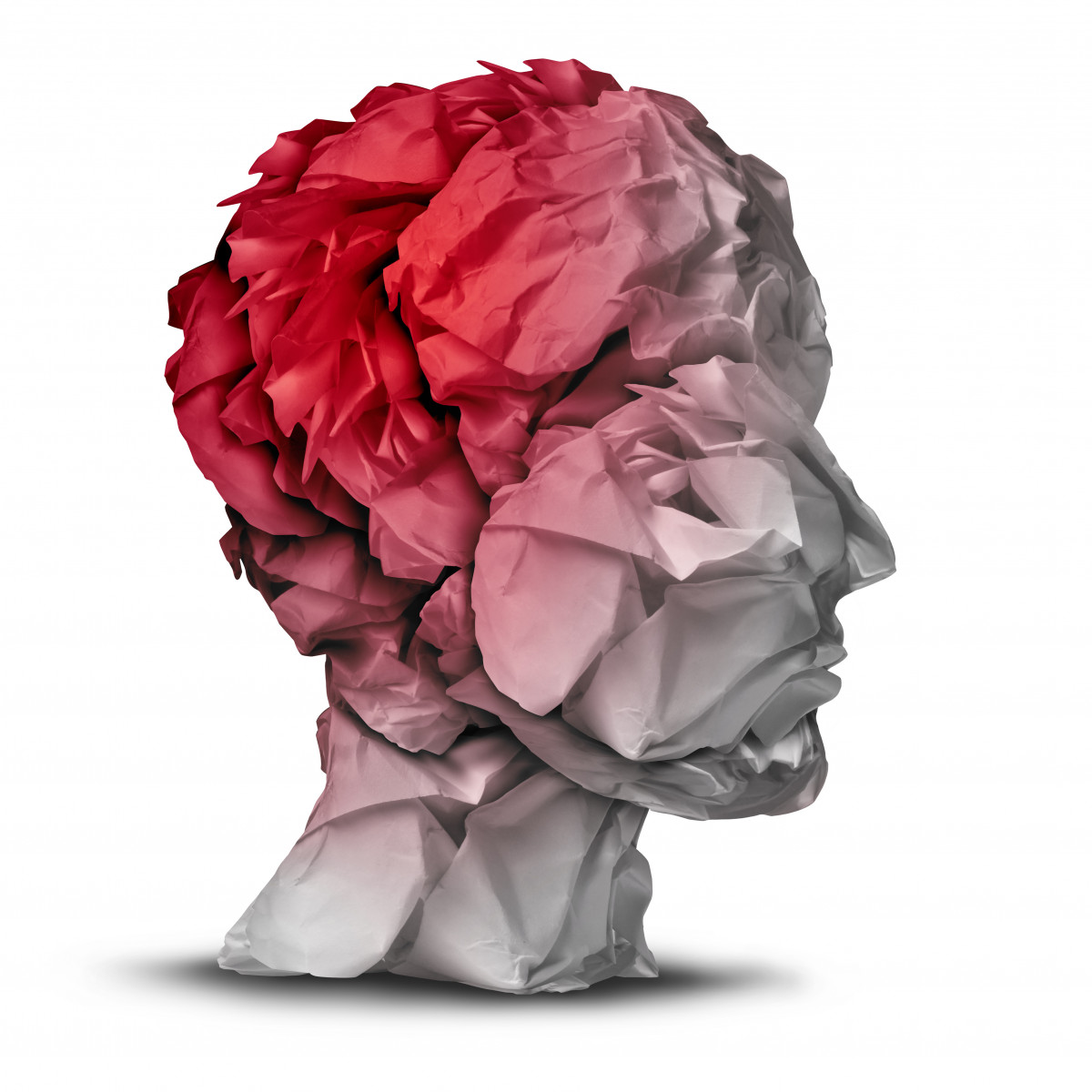Veterans with Brain Injuries or PTSD Face a Greater Risk of Alzheimer’s Disease

Veterans Day has come and gone in the U.S. for another year. Proving that we’re a grateful nation, it was punctuated with speeches by dignitaries and pride-filled social media posts dedicated to the fathers, mothers, sisters, and brothers who serve, or have served, in one of the branches of the country’s armed forces.
Gratefulness for the more than 19.6 million former and active service members should extend beyond Nov. 11. A grateful nation should honor its veterans every day. But some of the country’s veterans are facing difficult obstacles that are directly related to their military service.
A staggering statistic
Men and women in the armed forces who have sustained traumatic brain injuries (TBI) have a greater risk of developing Alzheimer’s disease or dementia. These soldiers, airmen, Marines, Coast Guardsmen, and sailors are 60 percent more likely to develop the mind-altering condition, according to a 2014 study by researchers from the San Francisco Veterans Affairs Medical Center and the University of California, San Francisco.
The onset of dementia occurs two years earlier for veterans who have brain injuries compared with those who don’t.
Alzheimer’s links to brain injury and PTSD
A traumatic brain injury is caused by a blow to the head by an external force. TBI severity is determined by consciousness. Mild, moderate, or severe classifications are indicated by how long the veteran is unconscious, or whether they lose consciousness. Amnesia and mental acuity also are considered when classifying severity.
In the military, a TBI usually is the result of an explosion. However, some military personnel’s brain injuries could be related to a motor vehicle accident or an accident that occurs during an exercise.
The 2014 study exposed a link between traumatic brain injuries and dementia. It included a large sampling of 188,764 veterans ages 55 or older.
Another study the same year included veterans who’d been held as prisoners of war. That research indicated that prisoners of war had a 50 percent greater risk of contracting dementia as they aged. The risk doubled for POWs who also had post-traumatic stress disorder (PTSD).
In that study, 484 veterans reported being prisoners of war, and 150 said they also had PTSD. The majority had served in World War II, while about 20 percent were veterans of the Korean and Vietnam wars.
Younger veterans also at risk
Younger veterans also are at risk. According to the journal Alzheimer’s & Dementia, TBI and PTSD are signature injuries of the Iraq and Afghanistan wars. Veterans of the wars in Iraq and Afghanistan have an increased risk of developing dementias, including Alzheimer’s disease.
Since 2003, 200,000 veterans of these wars were diagnosed with traumatic brain injuries.
The statistics for PTSD are equally staggering, with 67,000 deployed military personnel having been diagnosed, along with 16,000 nondeployed military personnel.
VA acknowledges long-term effects related to PTSD/TBI
Officials from the Department of Veterans Affairs say the agency strives to improve the lives of veterans with TBI and PTSD through its War Related Illness and Injury Study Center.
Dedicated to the post-deployment health of the nation’s veterans, the center focuses on veterans’ unique needs, including PTSD and TBI.
If you or a loved one has been diagnosed with PTSD or TBI, you’re not alone. Contact the center for more information about where to find help nationally and to locate an associated provider in your area.
***
Note: Alzheimer’s News Today is strictly a news and information website about the disease. It does not provide medical advice, diagnosis, or treatment. This content is not intended to be a substitute for professional medical advice, diagnosis, or treatment. Always seek the advice of your physician or other qualified health provider with any questions you may have regarding a medical condition. Never disregard professional medical advice or delay in seeking it because of something you have read on this website. The opinions expressed in this column are not those of Alzheimer’s News Today or its parent company, BioNews Services, and are intended to spark discussion about issues pertaining to Alzheimer’s disease.







Comments
Chris
"[Expletive] Knees, back, feet, stomach, hearing, crazy thoughts and now this."
Ray Burow
Chris,
I am very sorry for the physical and mental pain you're enduring, as a result of your service to our country. I hope that the services presented in this article and by the Veteran's Administration, will assist you in a manner that is equal to your dedication and service.
Ray Burow